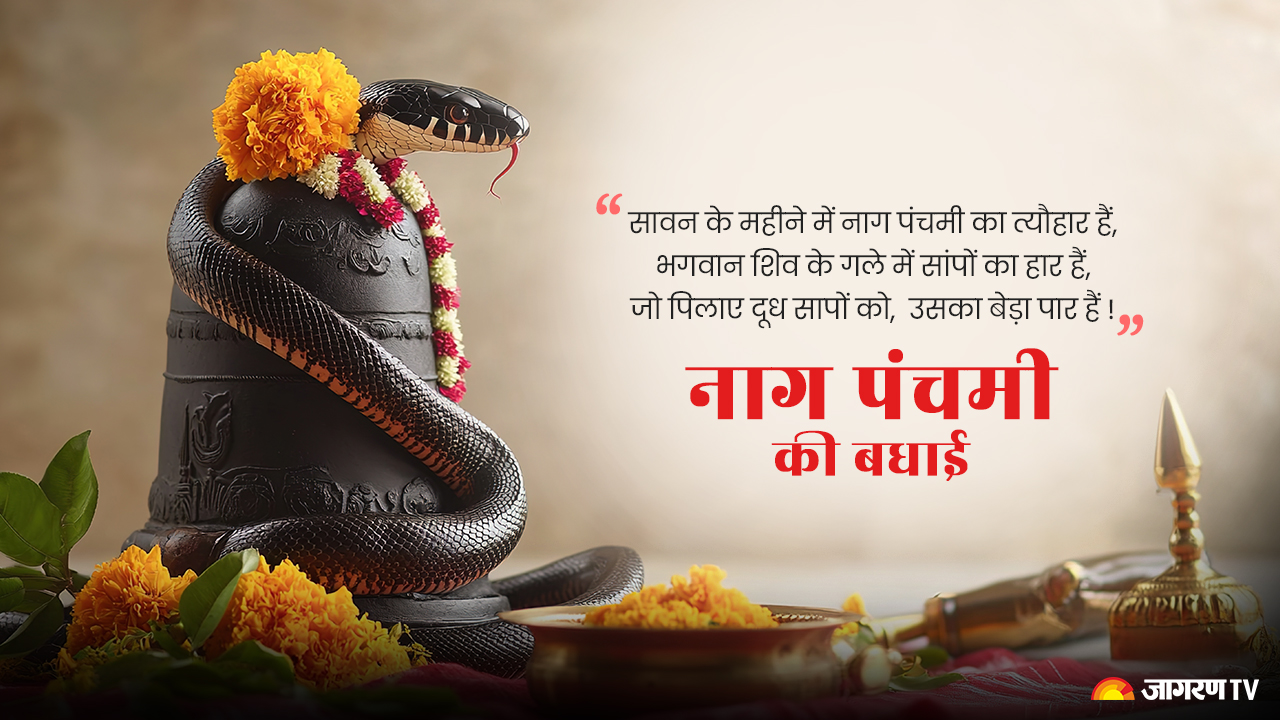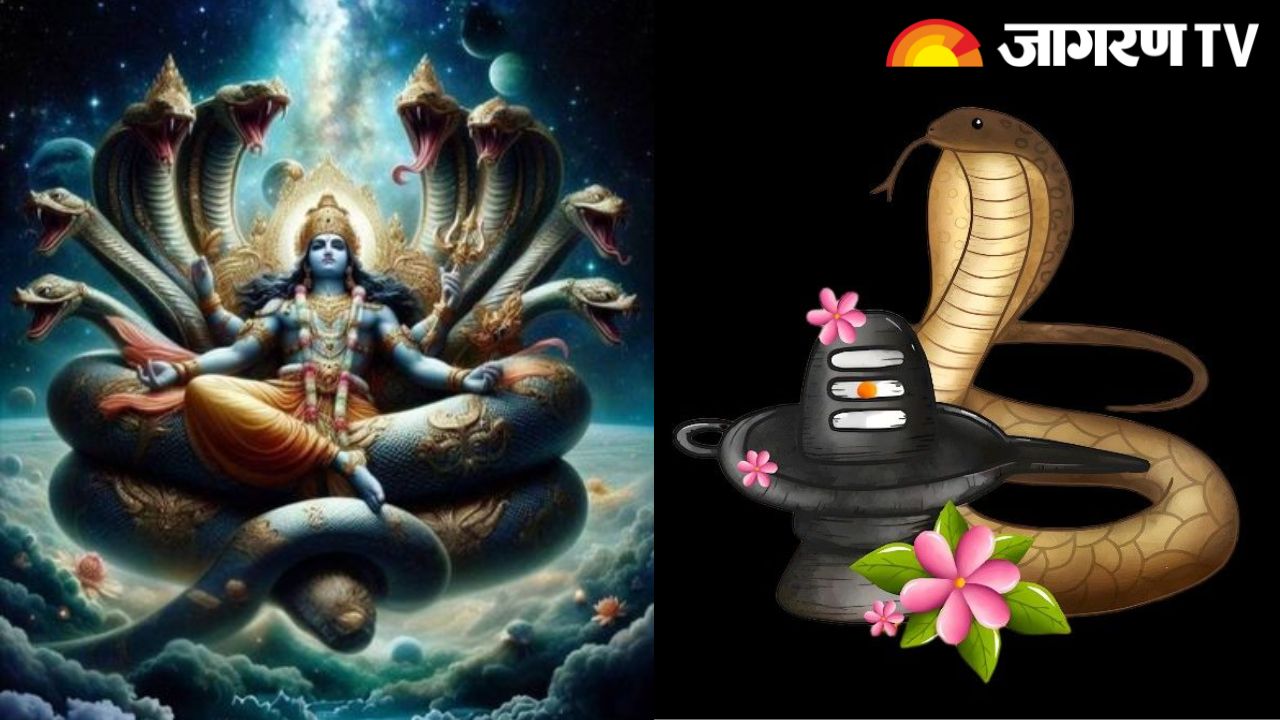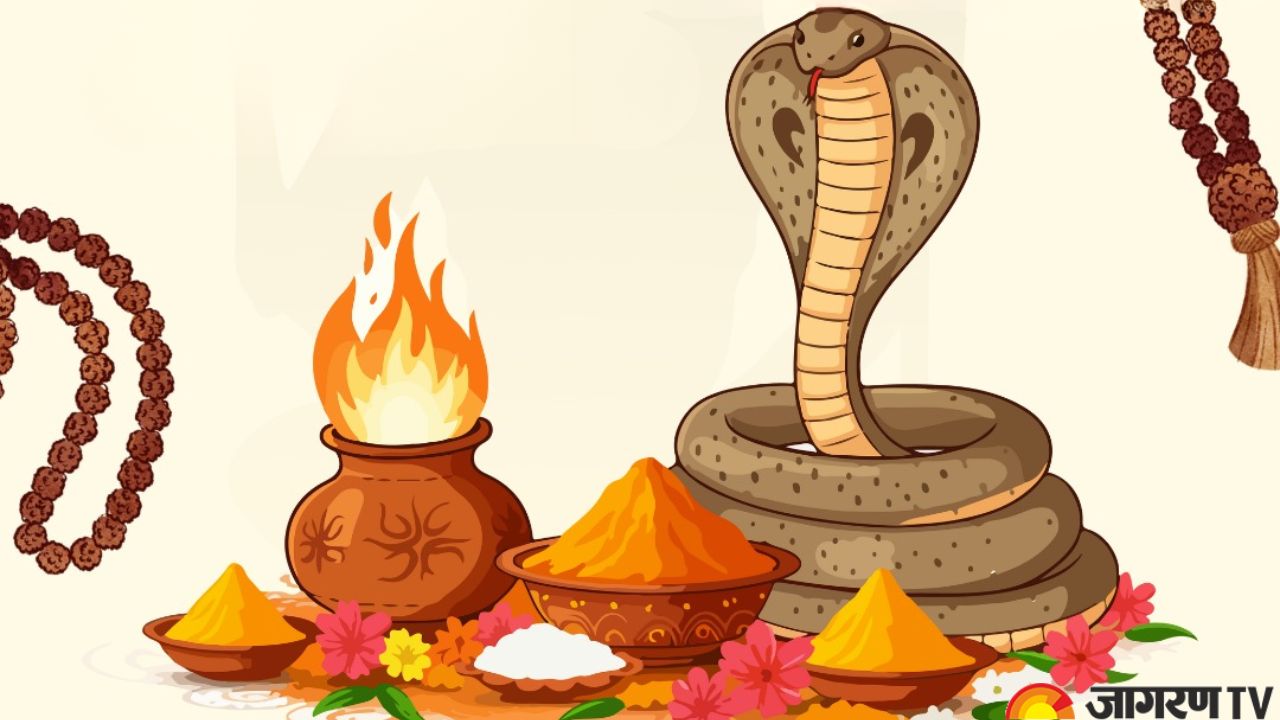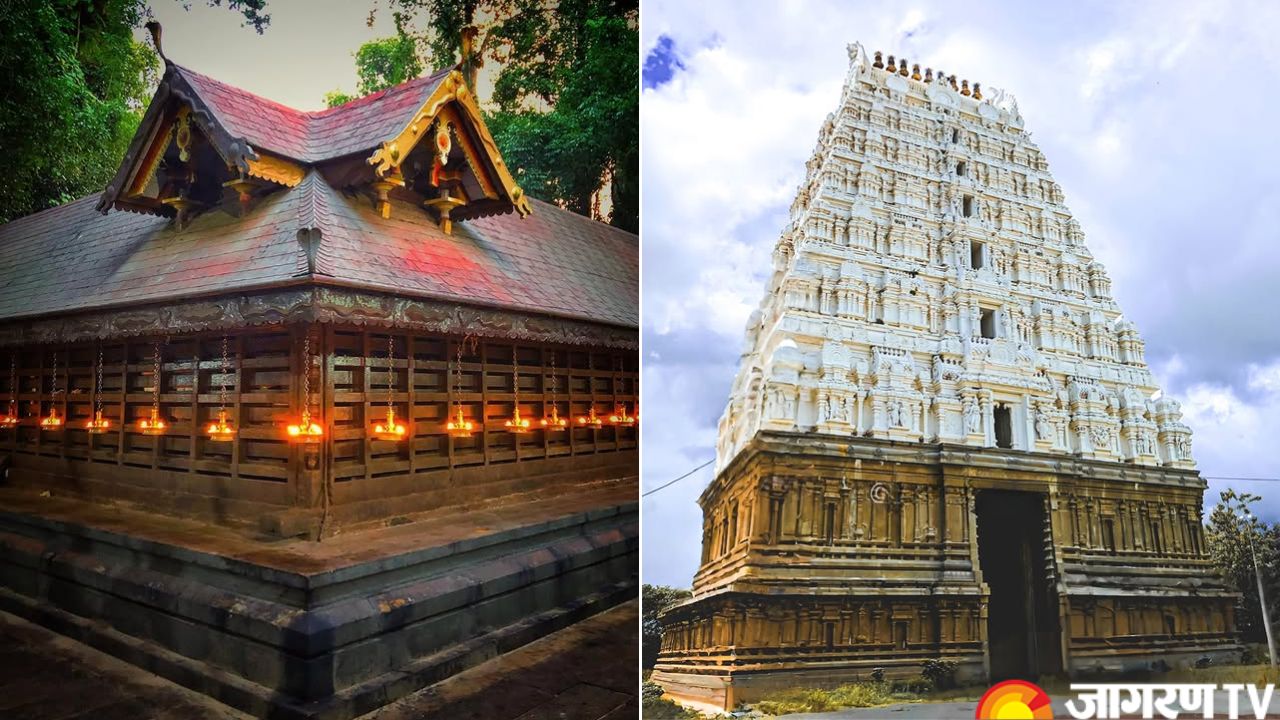Nag Panchami 2025: Know Date, History, Mythological Beliefs, Celebrations, and More
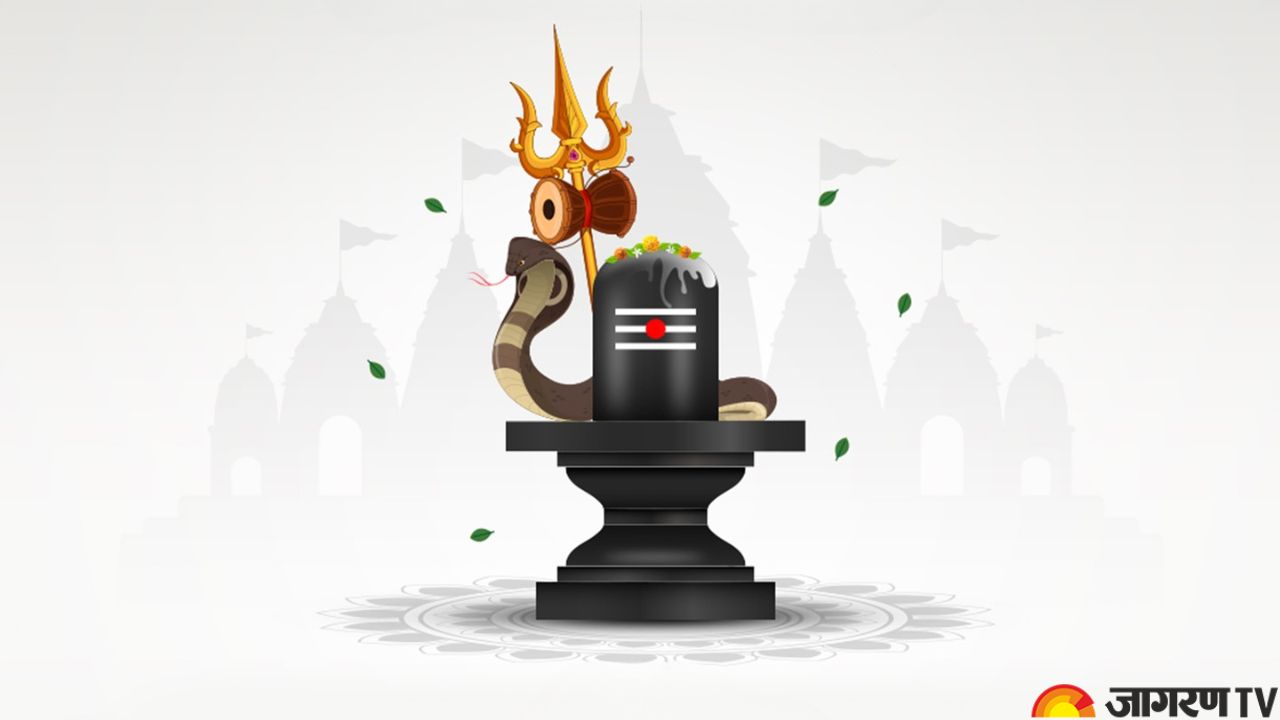
Nag Panchami 2025: Nag Panchami, an auspicious Hindu festival, is observed with great devotion throughout India and Nepal. This festival, held on the fifth day (Panchami) of the bright fortnight (Shukla Paksha) of the lunar month of Shraavana (July-August), honours Nagas, or serpent deities. Snakes are admired today, rather than feared, as symbols of fertility, protection, and cosmic energy.
Nag Panchami 2025 Date
Nag Panchami is observed on the fifth day of the Shukla Paksha in the month of Savan. This year, Nag Panchami will be celebrated on July 29.
Nag Panchami History
Nag Panchami has its roots in ancient Indian customs that predate the Vedic period. Serpents, with their unique ability to shed skin, were interpreted as symbols of rebirth, regeneration, and immortality.
Various archaeological discoveries show evidence of serpent worship, including seals from the Indus Valley Civilisation that depict figures with serpentine attributes. Serpents are also mentioned in early Vedic literature as powerful beings, both beneficent and threatening, and are frequently associated with powerful deities and natural occurrences. The Atharvaveda, in particular, has snake-related chants and incantations, emphasising their importance in the ancient religious system.
Mythological Beliefs of Nag Panchami
One of the most famous stories involves Lord Krishna. According to the Bhagavata Purana, as a little kid, Krishna defeated the venomous serpent Kaliya, who had poisoned the Yamuna River. Instead of killing Kaliya, Krishna spared his life on the condition that he would not harm the villagers and leave the river. Krishna then danced on Kaliya’s head, displaying his divine strength and instilling respect for Nagas.
Another popular legend is the account of the Karkotaka Naga, a formidable serpent cursed by a sage. Lord Nala, a righteous king, rescued Karkotaka, who in turn helped Nala reclaim his kingdom. This story emphasises the Nagas’ protective and compassionate nature.
In the Mahabharata, the story of Astika Muni sparing the Naga race from annihilation during King Janamejaya’s serpent sacrifice is also frequently told. Janamejaya sought to avenge the loss of his father, Parikshit, who was killed by a snake bite. Astika’s intervention, motivated by compassion, resulted in the end of the sacrifice and the salvation of the Nagas, confirming the lesson of peaceful coexistence.
Beyond these specific legends, Nagas are frequently associated with several Hindu deities. Sheshnaga, the multi-headed serpent, serves as Lord Vishnu’s throne, representing eternity and cosmic harmony. Vasuki, another mighty Naga, served as the churning rope in the Samudra Manthan (churning of the cosmic ocean) to gain the elixir of immortality. These associations elevate Nagas to divine status, making them a fundamental part of the cosmic order.
Nag Panchami Celebrations
Nag Panchami is celebrated with great enthusiasm and devotion. Devotees wake up early to take a ritual bath and fast. The primary focus of the day is the worship of snake deities, whether through representations or idols.
Temples dedicated to Nagas, or those with serpent iconography, attract a large number of devotees. People offer milk, sweets, flowers, lamps, and rice to the serpent gods. Women in some regions use turmeric and sandalwood paste to make snake images on their house walls, which they then adore.
The festival is mainly highlighted by the offering of milk and Lapsi (a sweet prepared from broken wheat, ghee, and jaggery) to snakes. It is said that giving milk to snakes on this day brings good luck and protects the household from snake bites and other misfortunes. Farmers refrain from ploughing their fields, and digging is also avoided out of reverence for the serpents that live beneath the earth.
Related Videos
-
29 Jul, 2025
Nag Panchami Wishes 2025 : नागपंचमी के पावन पर्व पर अपनों को भेजें ...
-
28 Jul, 2025
Nag Panchami 2025 : नाग पंचमी पर किन नागों की होती है पूजा? ...
-
28 Jul, 2025
Nag Panchami 2025: Best Wishes, Messages, Images to Share With Your Family and Close Ones ...
-
28 Jul, 2025
Nag Panchami 2025: Most Famous Snake Temples in India and Their History ...
यह भी पढ़ें
-
09 Apr, 2023
IPL 2023 : आज हैदराबाद और पंजाब में कौन मारेगा बाजी, ऐसी हो सकती है दोनों टीम की प्लेइंग इलेवन
-
09 Apr, 2023
कोरियन दूल्हे ने इंडियन स्टाइल में की शादी, घोड़ी भी चढ़ा और भांगड़ा भी किया, वीडियो हुआ वायरल
-
09 Apr, 2023
-
09 Apr, 2023
आकांक्षा दुबे मामले में आरोपी समर सिंह को भीड़ ने दौड़ाया, 14 दिन की न्यायिक हिरासत

